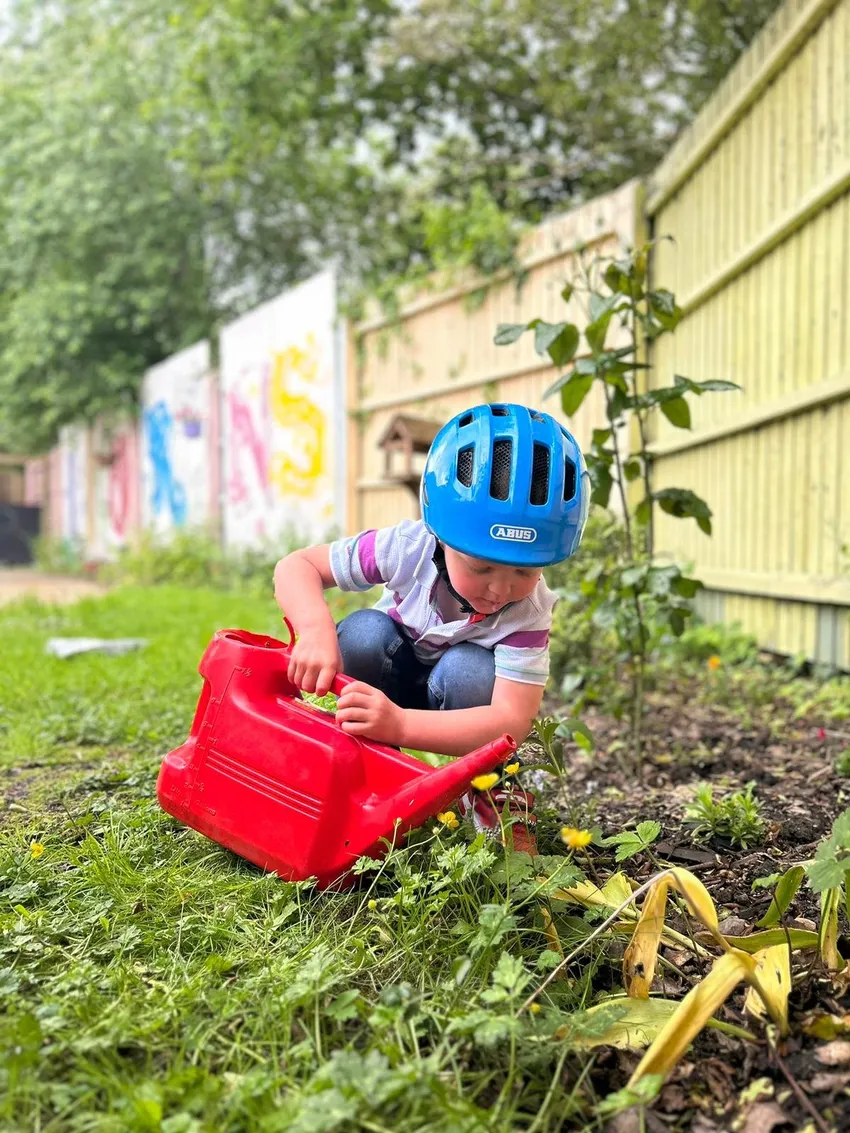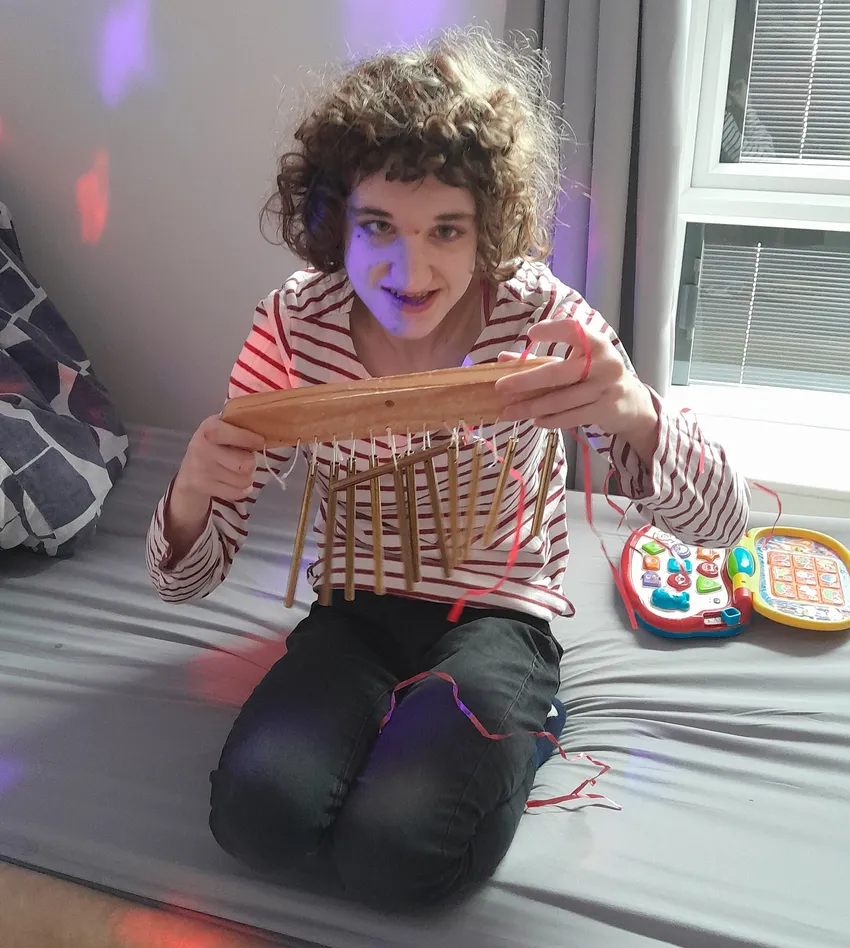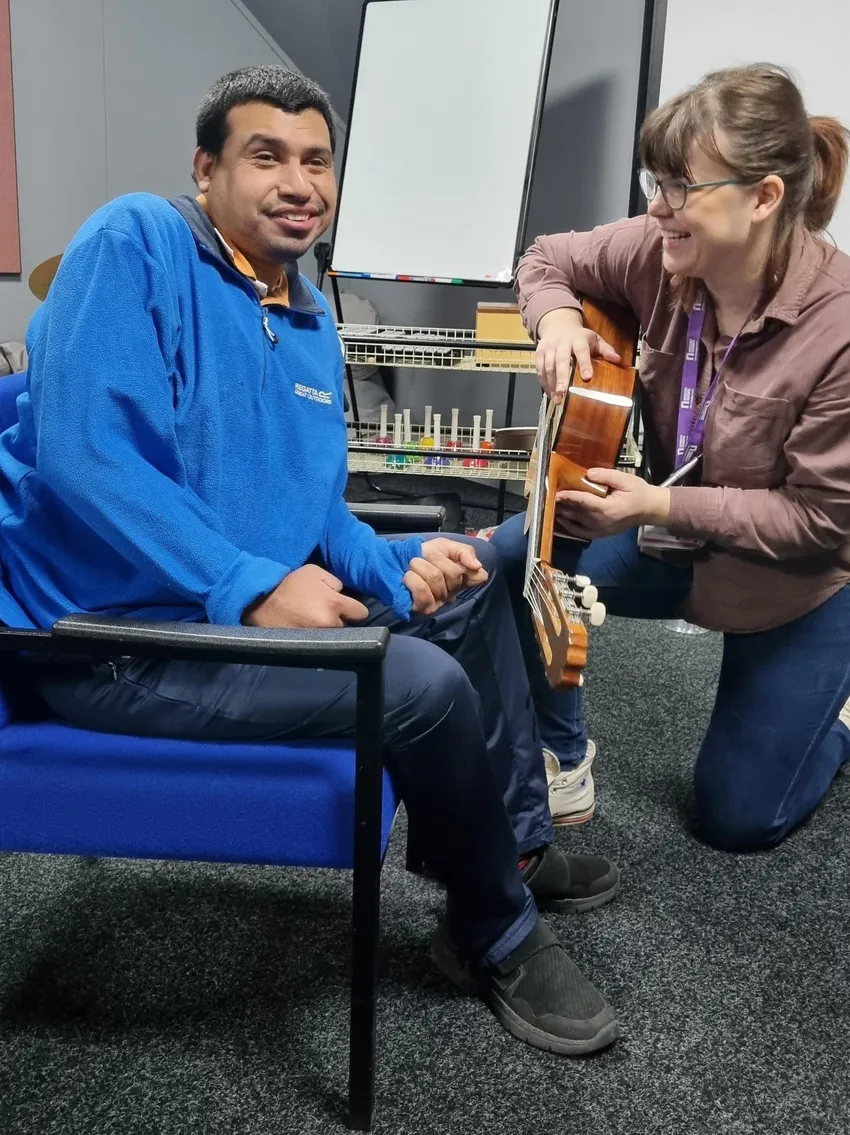The mental health of people with complex disabilities is overlooked because they cannot easily express their emotions, desires and struggles, and focus is placed on their medical care needs instead. We'll identify issues and help before mental health crises hit, supporting better outcomes for all.
Categories
Beneficiaries
A disabled person is 54% more likely to suffer from poor mental health. When a disabled young person enters a mental health crisis, they can need greater medical and social care interventions; they are less able to adapt to change or manage other challenges, quality of life is reduced. The family around the young person can also need additional emotional and social support and have greater need of our respite care. Resilience reduces, leading to difficulties managing work, relationships etc.
We will train practitioners to recognise signs of poor mental health in children and young people with complex disabilities early, including physical, behavioural and communication indicators of mental distress. We will provide therapeutic activities, get outdoors in nature more often, and take the time to build a rapport with the family and young person to fully understand individual dynamics at play. This will prevent crises, avoiding more intense medical intervention and respite care needs.



